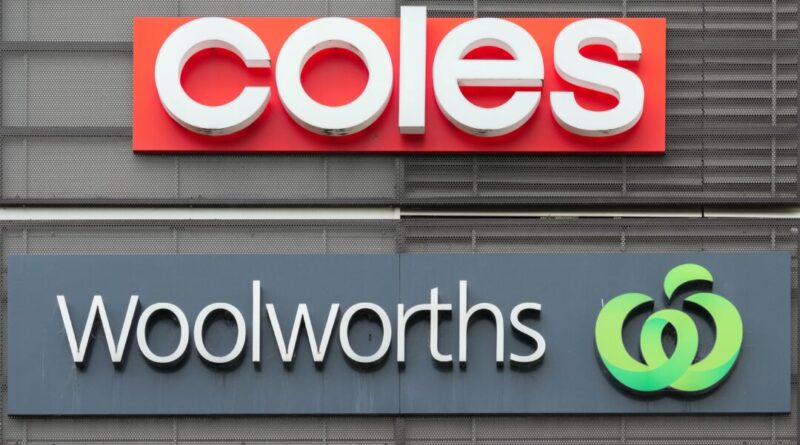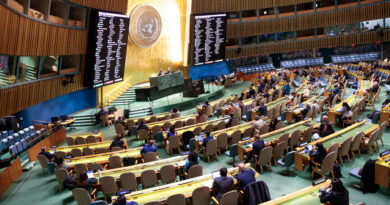Government Commits to Addressing ‘Shrinkflation’
Standardised ‘unit pricing’ is considered the best way for customers to ascertain value for money.
Prime Minister Anthony Albanese has vowed to crack down on “shrinkflation,” the practice of decreasing the size of a product over time while charging the same price.
“Substantial” fines have been promised for supermarkets caught engaging in the practice.
“You will have seen it, a product comes out in new packaging. It’s the same price as before but the box feels a little bit lighter,” Albanese said in a video posted online.
“It’s called shrinkflation, and it’s a trick supermarkets and food retailers use to charge you more when you’re getting less.”
The government says changes are on the way.
“Price tags are meant to have unit pricing on them so you can make sure you’re getting good value,” Albanese said.
“But right now, there aren’t any penalties to make supermarkets follow that rule.
“We’re changing that to make sure you know you’re getting a fair deal when you buy.”
What is Unit Pricing?
Under standard pricing practices, a single product can retail for a set price, but shoppers may not be aware the amount has changed.
Unit pricing provides a breakdown by volume or weight so shoppers can calculate a more detailed value for products.
The Australian Competition and Consumer Commission’s (ACCC) Interim Supermarket Inquiry Report, released last week, found that almost 90 percent of consumers always or often used unit pricing when deciding what products to buy.
Through the course of the inquiry, stakeholders raised concerns about how supermarkets apply unit pricing in Australia–including the size and font of print on in-store labels, and the inconsistent units of measure being used to price the same products.
The new rules would seek to develop a standard system and make unit pricing more visible.
“We are also making changes to make sure the ACCC is a tough cop on the beat, while also encouraging more competition and making sure there are significant consequences for supermarkets who do the wrong thing,” Albanese said in a statement.
Assistant Treasurer Stephen Jones said misleading practices around pricing were illegal and the industry was in need of better standards.
“Australian consumers deserve fair prices, not dodgy discounts. That’s why we’ve empowered the ACCC to act in the interests of consumers and crackdown on dodgy practices immediately.”
The Epoch Times contacted Coles and Woolworths for comment.
$30 Million for Supermarket Probe
The announcement comes just days after the ACCC announced its support for the government’s plan to spend $30 million (US$20.6 million) over the next three-and-a-half years to investigate the supermarket sector.
“Active, evidence-based enforcement of the Competition and Consumer Act is core to the ACCC’s work, and is essential for deterring conduct that harms consumers, competition and fair trading, and by extension productivity and the wider economy,” ACCC Chair Gina Cass-Gottlieb said in a statement.
Cass-Gottlieb said the funding would allow for investigations into potential misleading pricing claims, slow delivery timeframes, and the interests of regional and remote Australians.
“We have heard first-hand from consumers how the cost of living is impacting their ability to choose and that they need to be more cautious with purchasing decisions. It is critical that consumers are provided with clear and accurate information about the price or value of the goods and services they rely on,” she said.





